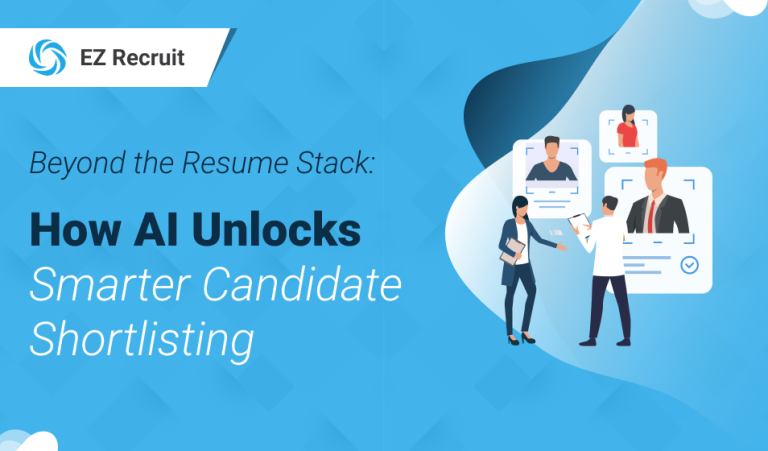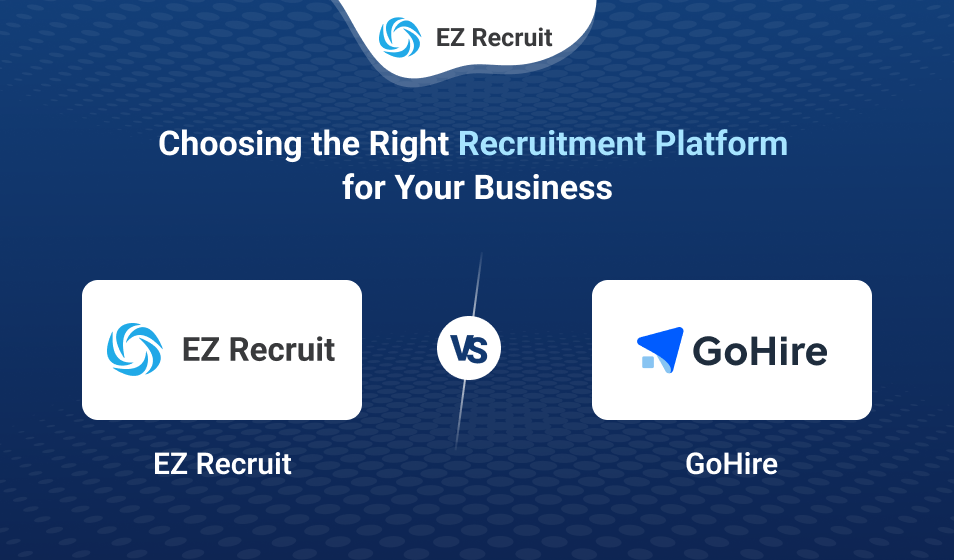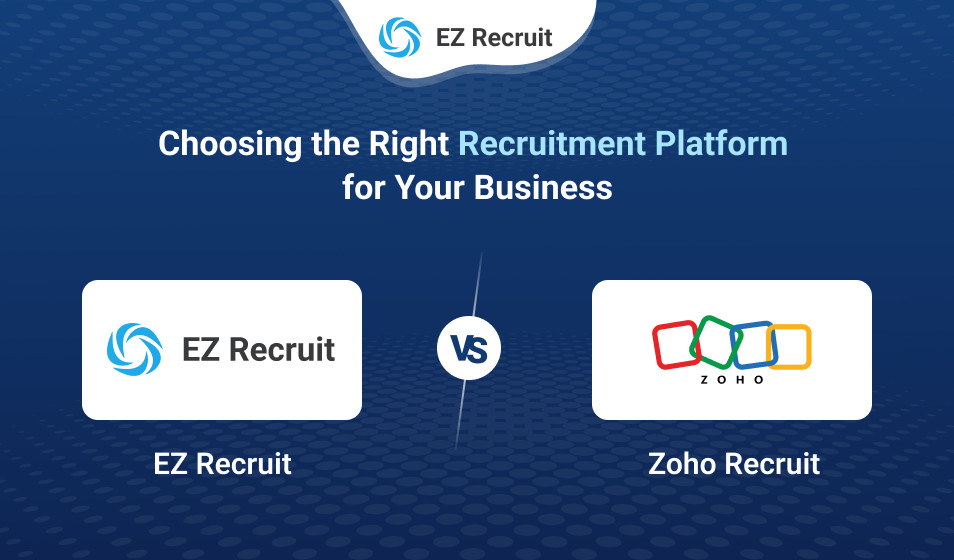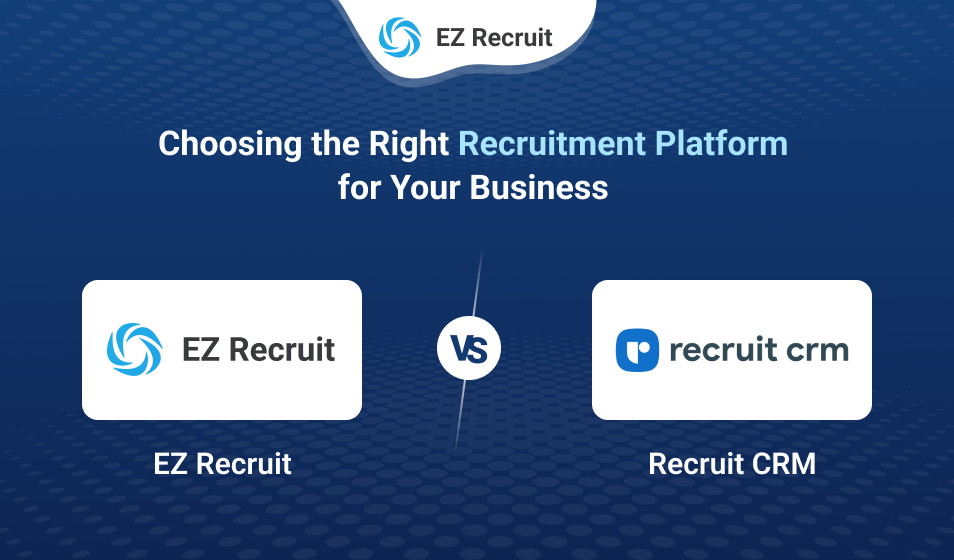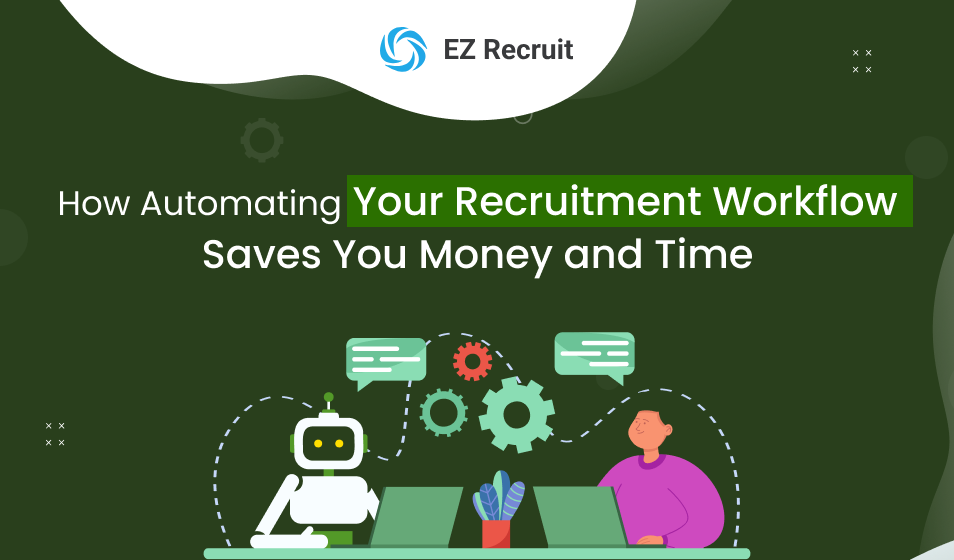The process of locating suitable employees for your business operations constantly remains a difficult task. Your hiring goal extends beyond filling positions because you require team members who generate innovative ideas and deliver measurable value to your business outcomes. The process of reviewing countless resumes proves to be both exhausting and lengthy. The large number of applications makes it challenging to identify excellent candidates, while unconscious bias can also influence the selection process.
The good news is that we’re moving away from the days of just sorting through countless applications. AI hiring software is transforming the hiring process, making it faster and fairer. Companies can use AI hiring software to streamline recruitment, find better candidates, and build more diverse teams.
The Pitfalls of Traditional Shortlisting
Before diving into the AI-powered solution, let’s acknowledge the common pain points of manual candidate shortlisting:
- Time and Resource Drain: A manual review of multiple resumes for every open position requires excessive time investment. The process consumes human resources which could be used for strategic work including talent management and staff involvement.
- Cognitive Overload and Human Error: Human recruiters become fatigued when they handle excessive information volumes, so their evaluations become inconsistent, and they miss important candidate details.
- Unconscious Bias: Even with good intentions, human biases stemming from resume features such as names or educational institutions, or perceived personality traits in formatting, can affect shortlisting choices, thus reducing diversity and preventing access to diverse talent candidates.
- Keyword Myopia: The conventional method of resume evaluation depends primarily on searching for exact keywords. This method helps, but it tends to eliminate suitable candidates who use different language to describe their experience or possess skills that do not match the exact keywords.
AI: The Engine for Smarter Shortlisting
AI offers a powerful antidote to these challenges, ushering in an era of smarter, more effective candidate shortlisting.
1. Automated Screening
The essential power of AI exists in its capacity to analyze massive data collections at extremely rapid rates. The AI recruitment systems instantly analyze resumes to extract important details about competencies and work history, and educational qualifications. These systems match candidate information against established job requirements, together with relevant industry standards and past hiring records, to determine candidate rankings based on their suitability. The tools significantly decrease the duration of initial screening, thus enabling HR teams to dedicate attention to the most suitable candidates. Organizations that utilize AI for recruitment operations have shortened their hiring duration by three-tenths, according to reported data.
2. Accuracy and Predictive Analytics
Artificial intelligence systems detect sophisticated patterns within candidate data that surpass basic keyword matching methods. AI systems develop their understanding of successful candidate profiles through machine learning, which enables them to determine performance predictors together with retention indicators. AI has advanced capabilities to surpass basic skill identification by determining the highest probability candidates for success within your organizational culture and specific job requirements. Predictive analytics forecasts candidate success potential through data analysis, which surpasses the abilities of human resume evaluation.
3. Mitigating Bias and Fostering Diversity
AI technology provides one of its deepest advantages during shortlisting by substantially minimizing unconscious biases in the process. The evaluation system becomes standardized when artificial intelligence evaluates candidates through objective standards such as skills combined with qualifications and demonstrated experience, while using unbiased, diverse training data. AI systems can remove candidate profile markers, including names and gender, and age, to evaluate candidates based on their qualifications alone. The adoption of this process by organizations leads to enhanced fairness in their hiring process because they gain access to diverse candidate pools that traditional methods would have excluded.
4. Talent and Skills Matching
The advanced algorithms of AI systems detect skills along with experiences, which candidates normally fail to showcase on their resumes because they come from unusual career backgrounds or result from unconventional learning methods. AI systems execute advanced skill-matching processes that evaluate candidate abilities against detailed job requirements and generate predictions about cultural fit by analyzing stated values together with behavioral characteristics.
5. Streamlined Candidate Experience
Smarter shortlisting functions mainly as an internal tool but produces benefits that enhance the candidate experience indirectly. AI systems that perform faster initial screening give qualified candidates prompt responses, which minimizes extended job application waiting times. The implementation of AI-powered platforms enables chatbots that deliver immediate responses to candidate inquiries and provide step-by-step application assistance for better brand interaction.
Best Practices for Implementing AI in Shortlisting
To truly harness the power of AI for smarter candidate shortlisting, consider these best practices:
- Define Clear Criteria: The quality of AI depends entirely on the input it receives. To train your AI effectively, you must establish clear criteria for the skills, qualifications, and behavioral traits that matter most to each role.
- Maintain Human Oversight: The artificial intelligence system functions as a tool that supports human choices instead of functioning as a substitute for human decisions. AI produces candidate lists that human recruiters need to analyze before they begin interviews and select candidates for final hiring decisions, because human judgment adds vital context missing from AI processing.
- Regularly Audit and Refine: AI tools require continuous monitoring to assess their performance. The evaluation of AI suggestions must happen regularly to assess their fairness and relevance, and organizations should adjust their algorithms and criteria based on both performance data and feedback.
The Future of Talent Acquisition is Here
The move toward AI-driven candidate shortlisting represents more than new technology implementation because it requires a complete transformation of talent acquisition methods. The process converts reactive and inefficient methods into proactive data-driven methods, which consistently identify top talent. Business leaders who apply AI strategically empower their HR teams to achieve higher operational efficiency and improved decision-making and bias reduction, resulting in stronger innovative workforces.
Your competitors should not obtain an unfair edge in the marketplace. Organizations should start investigating and deploying AI technology for enhanced candidate shortlisting procedures right away. Make the necessary investments for your talent pipeline’s future development to see your organization achieve greater success.
